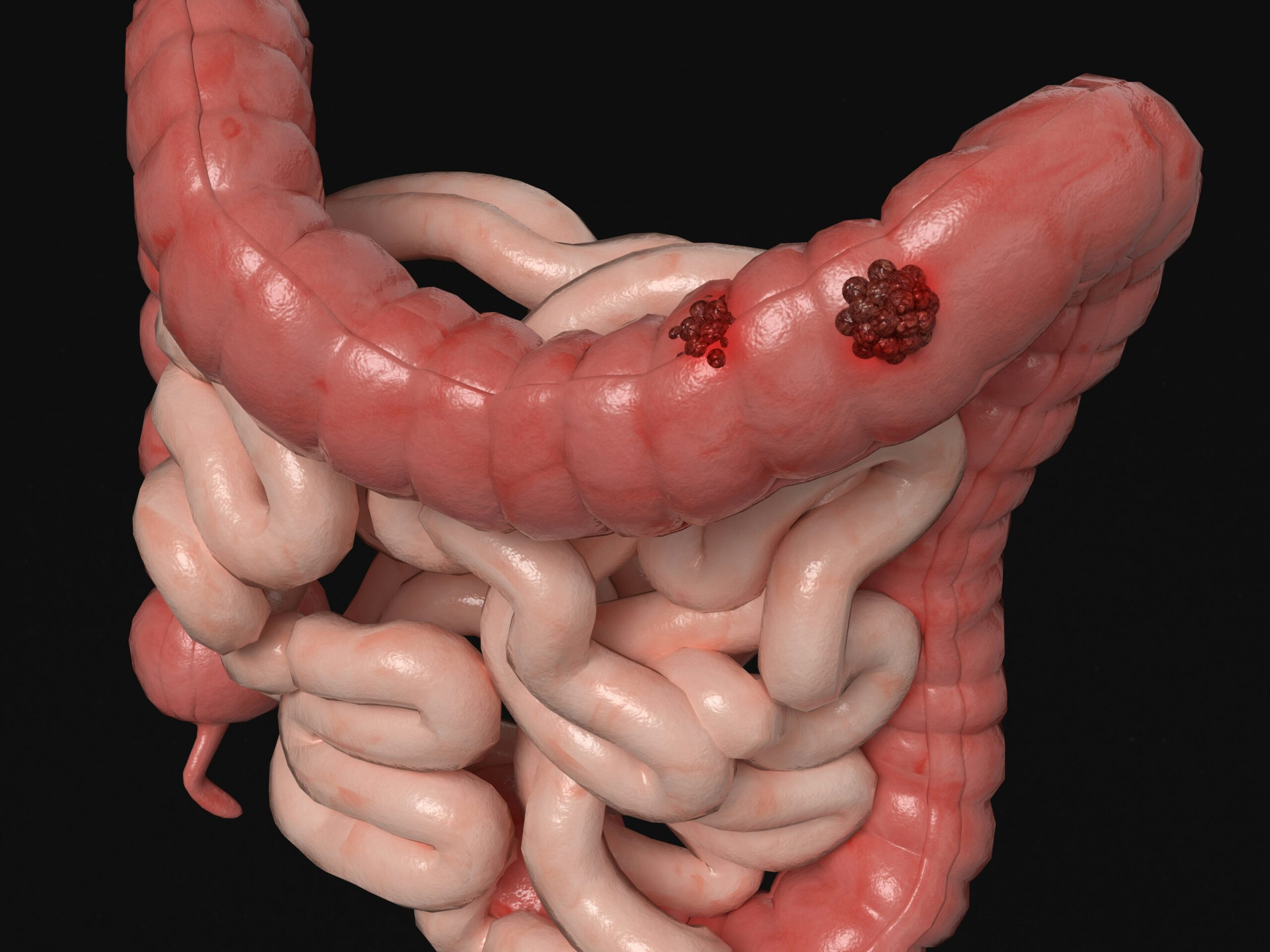
A colonoscopy is a vital screening procedure for detecting colon cancer and identifying precancerous conditions. Colon cancer is one of the leading causes of cancer-related deaths in the United States, but it is largely preventable with early detection and appropriate intervention. As a preventive tool, colonoscopy plays an essential role in screening for colon cancer in adults, particularly those aged 45 and older. However, many individuals may not fully understand the procedure or have concerns about the process. This article provides a detailed overview of what to expect during colonoscopies for colon cancer screening.
Preparing for a Colonoscopy
The preparation for a colonoscopy begins several days before the procedure itself. It is crucial to follow the instructions provided by your healthcare provider regarding dietary restrictions and the use of laxatives to cleanse the colon. You will typically follow a low-fiber diet for a few days before the procedure and switch to a clear liquid diet the day before. This helps ensure your colon is as clean as possible for optimal results. If the colon is not adequately cleaned, the procedure may be rescheduled, causing inconvenience and unnecessary stress.
The doctor will instruct you to take a prescribed laxative the day before your colonoscopy, which will induce bowel movements to empty your colon. While this may be uncomfortable, adhering to the instructions and taking the medication as prescribed is essential to ensure the colon is fully cleared. During this process, it is common to feel dehydrated due to fluid loss, so drinking plenty of water and clear liquids is vital to stay hydrated. If you have concerns about the preparation process or encounter any difficulties, it is essential to contact your healthcare provider for guidance.
The Procedure Itself
On the day of the colonoscopy, you will be asked to arrive at the healthcare facility where the procedure will occur. Before the procedure begins, a nurse will place an intravenous (IV) line in your arm to administer medication to help you relax and remain comfortable. In some cases, you may be given general anesthesia, which will cause you to fall asleep during the procedure. This ensures you will not feel any pain or discomfort throughout the colonoscopy.
Once the medication takes effect, the doctor will begin the colonoscopy by gently inserting a flexible colonoscope tube into your rectum. The doctor equips the colonoscope with a small camera, allowing them to view the interior of your colon and identify any abnormalities. The procedure typically takes between 30 minutes to an hour, depending on the complexity of the examination and whether the doctor needs to perform any additional procedures, such as biopsy or polyp removal. While the procedure is generally painless due to sedation, you may experience mild bloating or cramping afterward, but these sensations usually subside shortly after the procedure.
Possible Risks and Complications
Although doctors consider colonoscopy a safe and routine procedure, it carries some potential risks, like any medical procedure. In rare cases, complications can arise, such as bleeding, perforation (a tear in the colon wall), or an adverse reaction to sedation. However, these risks are uncommon, and the benefits of early detection of colon cancer far outweigh the potential for complications. If you experience severe pain, fever, or excessive bleeding after the procedure, it is essential to seek medical attention immediately.
It is also important to note that while colonoscopy is an effective screening tool, no test is perfect. Sometimes, the procedure may not detect all cancers or polyps, mainly if they are located in areas that are difficult to visualize. However, by following the recommended screening schedule and discussing any personal or family history of colon cancer with your healthcare provider, you can help ensure that the procedure is as thorough as possible.
The Importance of Regular Screening
Colon cancer is highly treatable when detected early, and regular screening plays a key role in reducing the mortality rate associated with this disease. A colonoscopy is the gold standard for colon cancer screening and can detect polyps and other abnormalities before they develop into cancer. By undergoing regular screenings, individuals can prevent the progression of precancerous growths and improve their chances of a favorable outcome. Screening guidelines recommend starting colon cancer screenings at age 45 for individuals at average risk. Still, those with a family history of colon cancer or other risk factors may need to begin screenings earlier.
Colonoscopy is an essential tool in the fight against colon cancer, offering early detection and prevention of the disease. Although the preparation and procedure may seem daunting, it is a relatively safe and effective method for screening and detecting potential issues within the colon. By following the proper preparation steps, discussing any concerns with your healthcare provider, and adhering to the recommended screening schedule, you can help protect yourself and your loved ones from colon cancer.